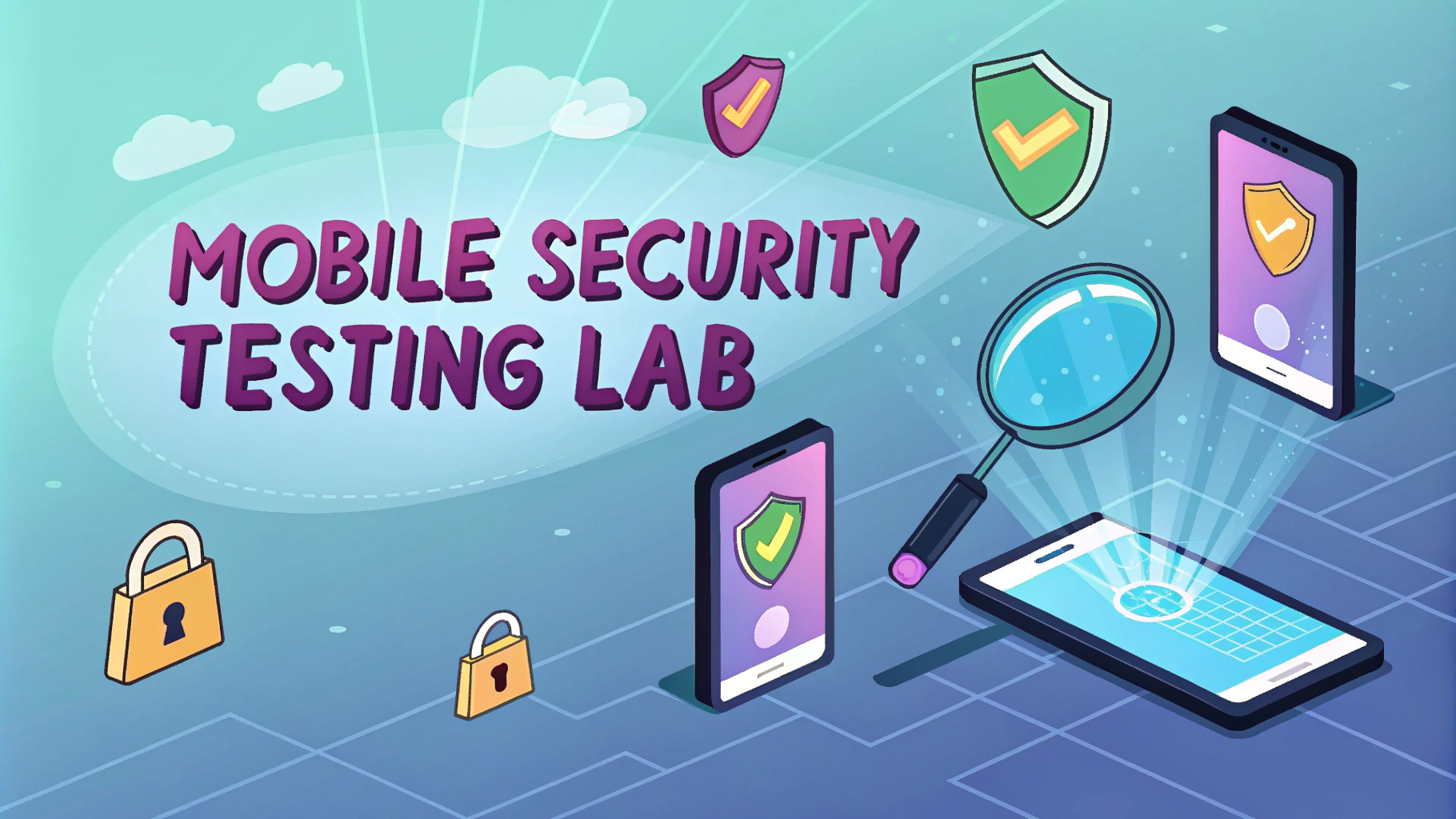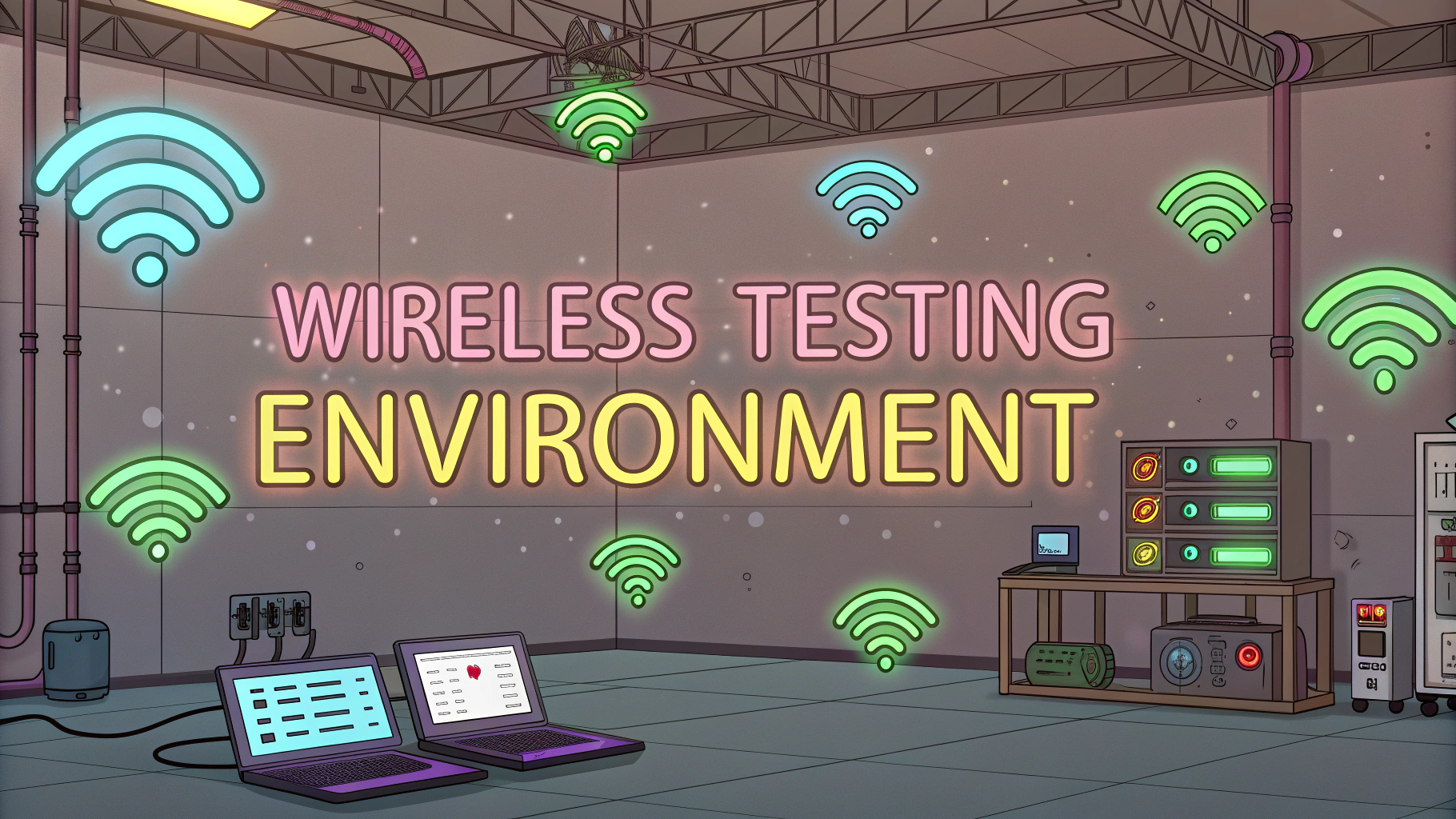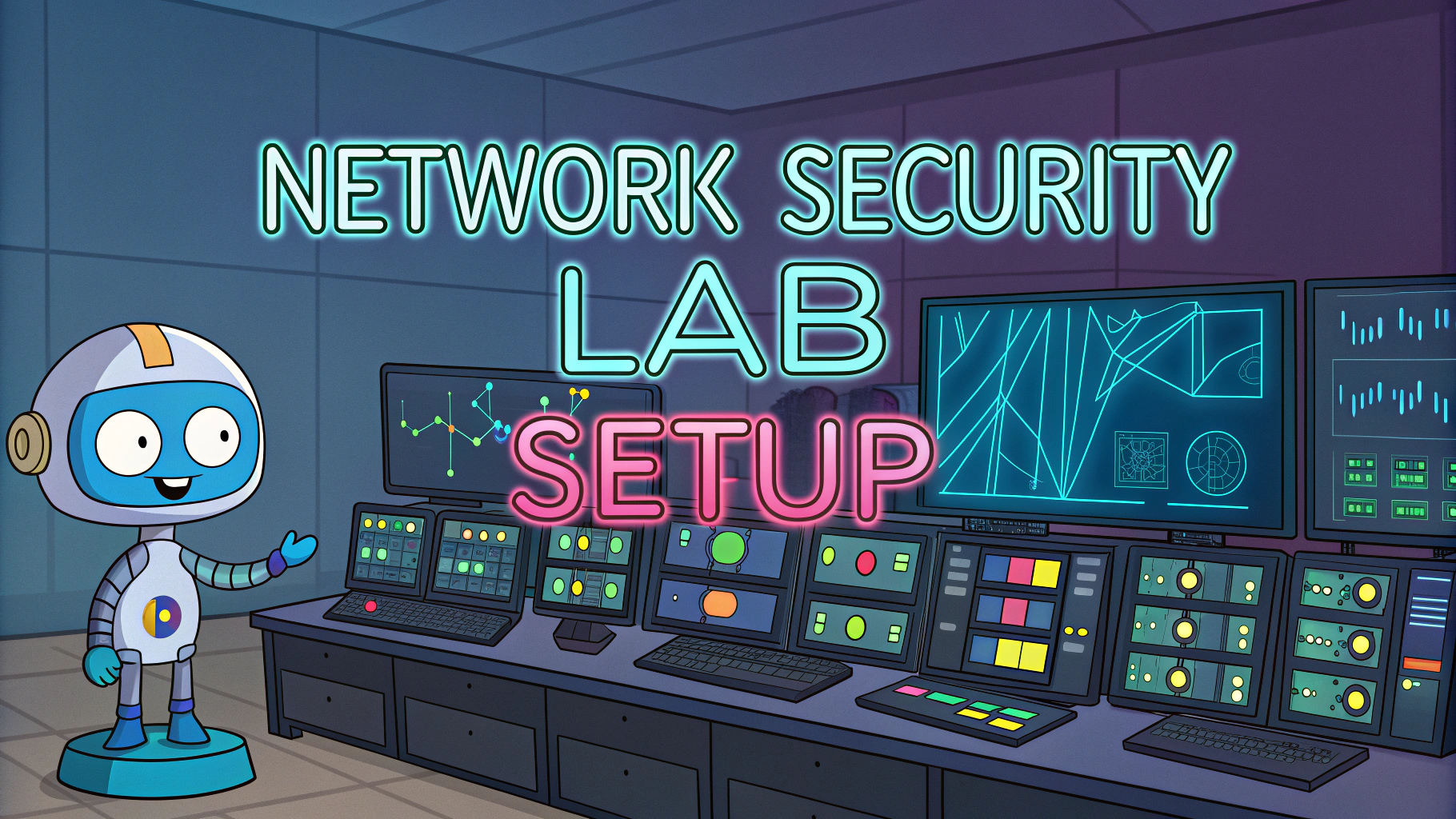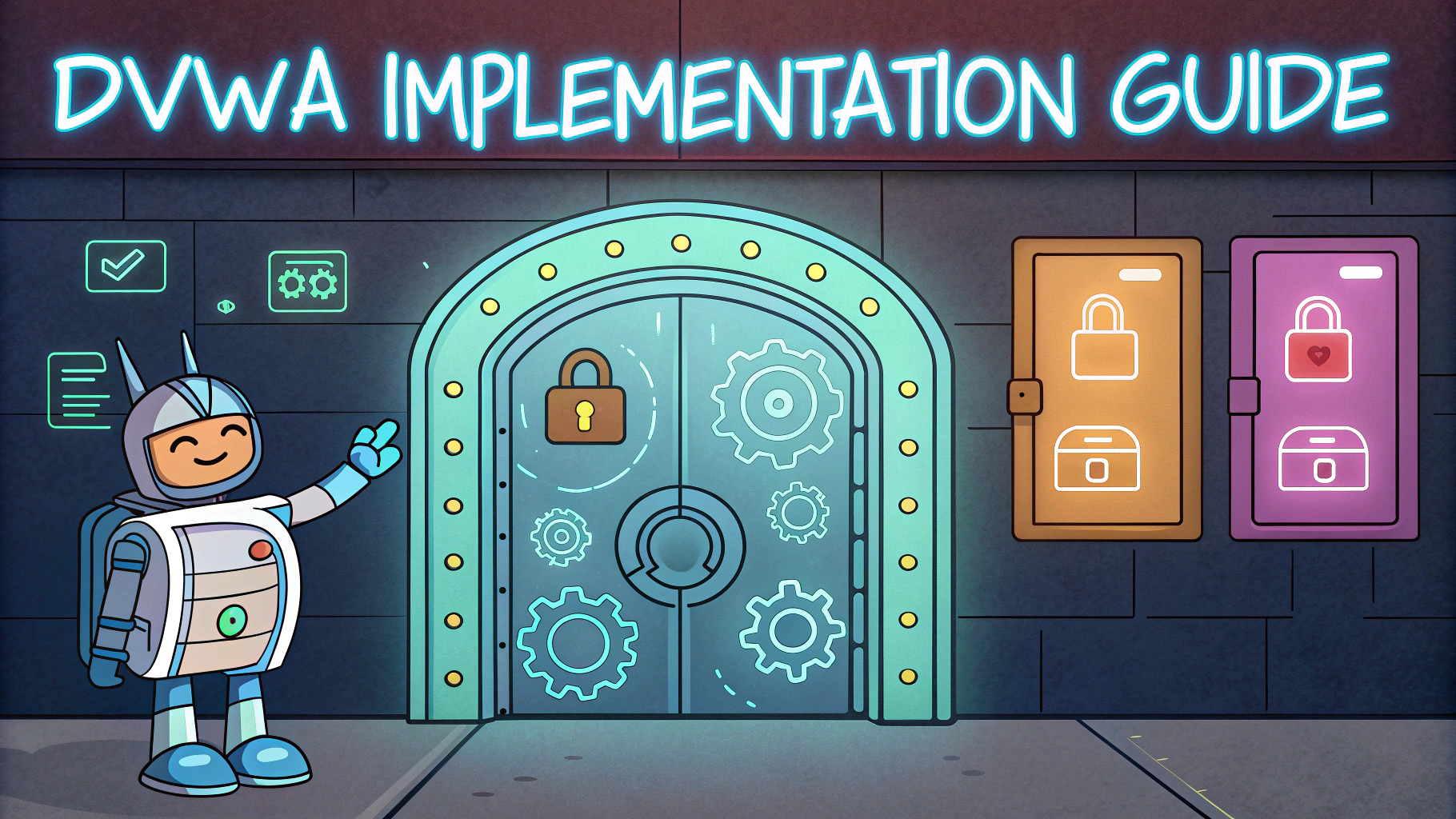CREST (The Council for Registered Ethical Security Testers) provides recognized career paths for penetration testers and information security professionals.
Getting CREST certified opens doors to work with leading organizations that require rigorous security testing standards.
This article explores the various career opportunities available through CREST certification and how to pursue them effectively.
Available CREST Certifications
- CREST Practitioner Security Analyst (CPSA)
- CREST Registered Penetration Tester (CRT)
- CREST Certified Tester (CCT)
- CREST Certified Simulated Attack Manager (CCSAM)
- CREST Certified Simulated Attack Specialist (CCSAS)
Career Paths and Opportunities
- Penetration Testing Consultant
- Security Assessment Specialist
- Red Team Operator
- Information Security Manager
- Security Architecture Consultant
Salary Expectations
| Position Level | Average Salary Range (USD) |
|---|---|
| Entry Level (CPSA) | $65,000 – $85,000 |
| Mid Level (CRT) | $85,000 – $120,000 |
| Senior Level (CCT) | $120,000 – $160,000+ |
Required Skills
- Technical Skills: Network protocols, operating systems, web applications
- Programming: Python, Bash, PowerShell
- Security Tools: Burp Suite, Metasploit, Nmap
- Soft Skills: Report writing, communication, project management
Getting Started
- Gain foundational IT and security knowledge
- Study for and obtain CompTIA Security+ certification
- Practice penetration testing in lab environments
- Prepare for CPSA examination
- Join professional networks and communities
Exam Preparation Resources
- Official CREST Examination Portal
- Practice labs like HackTheBox and TryHackMe
- CREST Exam Preparation Guides
- Professional training courses from accredited providers
Building Your Career Path
Start with entry-level positions at CREST member companies (Member Directory).
Gain practical experience through supervised testing engagements.
Progress through certification levels while building your professional network.
Next Steps for Success
Contact CREST directly at [email protected] for guidance on certification paths.
Join professional communities on LinkedIn and security forums to connect with CREST certified professionals.
Research CREST member companies in your region for employment opportunities.
Professional Development
Continuous learning and skill development are crucial for career advancement in cybersecurity. CREST certified professionals should:
- Attend industry conferences and workshops
- Participate in Capture The Flag (CTF) competitions
- Contribute to open-source security projects
- Maintain knowledge of emerging threats and technologies
Industry Recognition
Key Benefits
- Global recognition of skills and expertise
- Access to high-profile client engagements
- Enhanced credibility in the security industry
- Opportunities for international assignments
Specialization Options
CREST certified professionals can specialize in various areas:
- Web Application Security
- Infrastructure Testing
- Mobile Application Security
- Cloud Security Assessment
- Incident Response
Advancing Your Security Career
Success in CREST certification requires dedication and strategic planning. Focus on:
- Building a strong portfolio of security assessments
- Developing mentor relationships with senior professionals
- Contributing to the security community through research and presentations
- Maintaining relevant certifications and pursuing advanced qualifications
Shaping the Future of Security Testing
CREST certification represents a commitment to excellence in security testing. By maintaining high standards and staying current with industry developments, certified professionals help organizations defend against evolving cyber threats while building rewarding, long-term careers in information security.
FAQs
- What is CREST and why is it important for penetration testing careers?
CREST is an international accreditation and certification body that provides globally recognized certifications for information security professionals. It’s important because CREST accreditation demonstrates a high level of knowledge and skill in penetration testing, following rigorous standards and methodologies. - What are the main CREST certifications available for penetration testing?
The main certifications include CREST Practitioner Security Analyst (CPSA), CREST Registered Penetration Tester (CRT), CREST Certified Tester (CCT), and CREST Certified Simulated Attack Manager (CCSAM). - What salary range can CREST-certified penetration testers expect?
CREST-certified penetration testers typically earn between $70,000 to $150,000+ annually, depending on experience level, location, and specific certification level. Senior positions and those with advanced certifications often command higher salaries. - What prerequisites are needed for CREST penetration testing certifications?
Prerequisites vary by certification level but generally include practical experience in penetration testing, knowledge of networking protocols, programming skills, and familiarity with security tools. Some certifications require previous CREST qualifications. - Which industries commonly hire CREST-certified penetration testers?
Financial services, government agencies, healthcare organizations, technology companies, telecommunications providers, and security consultancy firms regularly hire CREST-certified penetration testers. - How long does it take to obtain CREST penetration testing certifications?
The timeline varies by certification level. CPSA can be achieved within 6-12 months of focused study, while advanced certifications like CCT typically require 2-4 years of practical experience plus study time. - What career advancement opportunities exist for CREST-certified professionals?
Career paths include Senior Penetration Tester, Security Consultant, Technical Security Manager, Chief Information Security Officer (CISO), and establishing independent security consultancy businesses. - How frequently must CREST certifications be renewed?
CREST certifications typically need to be renewed every three years. Renewal requirements include maintaining continuous professional development (CPD) points and staying current with industry developments. - What tools and technologies should CREST penetration testers be familiar with?
Professionals should be proficient in tools like Metasploit, Burp Suite, Nmap, Wireshark, and various operating systems including Linux distributions. Knowledge of programming languages such as Python, Java, and C++ is also valuable. - How does CREST certification compare to other security certifications?
CREST certifications are highly regarded in the industry, particularly in the UK, Europe, and Asia-Pacific regions. They complement other certifications like OSCP and CEH, but focus more on practical, hands-on testing abilities.








